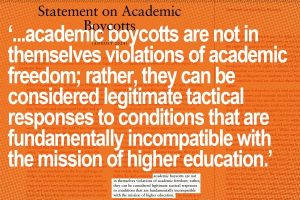In recent years, the idea of providing free college education for all has gained traction in political discourse. Proponents argue that free college programs would increase access to higher education for low-income students and help alleviate the burden of student debt. However, a recent study has found that these programs may not always lead to an increase in college enrollment.
The study, conducted by researchers at the University of Michigan, examined the impact of free college programs on enrollment rates in several states that have implemented such initiatives. The researchers found that while free college programs did lead to an increase in enrollment at community colleges, there was no significant effect on enrollment at four-year institutions.
One possible explanation for this discrepancy is that students may view community colleges as a more affordable option, even without free college programs. In contrast, the cost of attending a four-year institution is still a significant barrier for many students, even with tuition-free programs in place.
Additionally, the study found that free college programs did not have a significant impact on the socioeconomic diversity of the student body. While low-income students were more likely to enroll in community colleges with free tuition, there was no increase in enrollment among higher-income students.
These findings suggest that simply offering free college tuition may not be enough to address the underlying barriers to higher education access and affordability. In order to truly increase college enrollment, policymakers need to consider additional factors such as financial aid, academic support, and counseling services.
Furthermore, it is important to recognize that free college programs may not be the most effective solution for increasing college enrollment. Other initiatives, such as targeted financial aid programs and partnerships between schools and community organizations, may be more successful in reaching underserved populations and improving access to higher education.
In conclusion, while free college programs may be a step in the right direction, they may not always lead to a significant increase in college enrollment. Policymakers and educators must consider a more comprehensive approach to addressing the barriers to higher education access and affordability in order to truly improve outcomes for all students.



